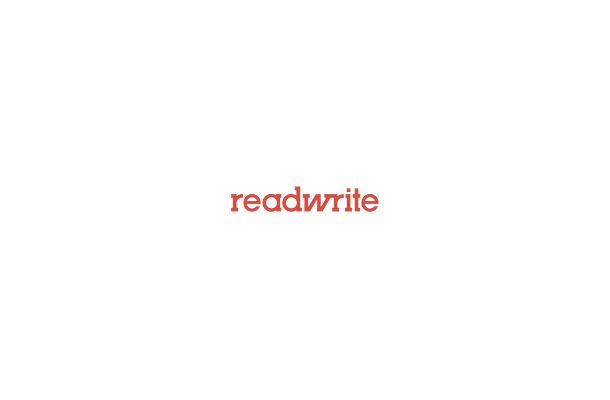In his article “Google Aggregation Strategy”, Elwyn Jenkins from Microdot News reviews three Google “information aggregations” and asks which one will be moved from beta to live first – Blogger, Froogle or Google News. Microdot News argues that aggregation is at the heart of Google’s business and that Google will build on the success of their search engine by offering similar aggregation services for weblogs, shopping and news – and more.
I will take that argument one step further, because I think that Google will start to provide syndication services as well as aggregation. The current crop of Google’s aggregation services are “pull” rather than “push”. People still need to go to Google’s websites in order to find information. I suggest that Google will adopt a publish-subscribe model. People will subscribe to information and it will be automatically delivered to them on a regular basis.
The aggregation of information is the base for Google’s success. But the value-add is to enable people to tap into Google’s aggregated information base and create personalised “feeds”. These feeds won’t be the same as the results from traditional search queries. Instead of inputting a wide-ranging query, people will enter a somewhat more constrained “topic”. For example rather than entering an esoteric query like “Dave Winer XML-RPC spicy noodles in Boston RSS sunset”, a person will need to enter something that can be converted into a reasonably generic topic. A “topic” in this sense will be something between a Google search query and a Yahoo category. That is, it will be automatically generated but within a manually-defined framework (such as ENT perhaps).





